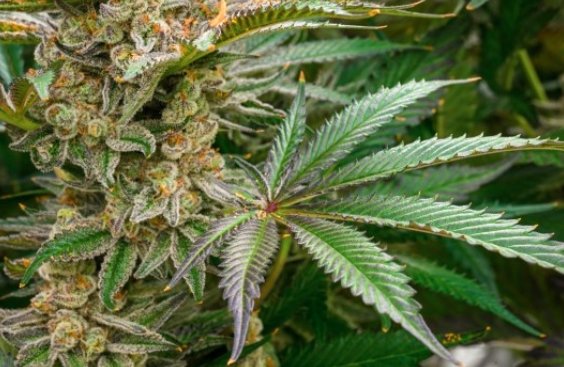A lawsuit filed by a California lawyer and cannabis entrepreneur has put Maryland’s social equity program for cannabis licensing under scrutiny. The lawsuit claims that the program violates the constitution by discriminating against out-of-state applicants.
What is the social equity program?
Maryland’s social equity program aims to provide opportunities for individuals and communities that have been disproportionately impacted by the war on drugs. The program offers priority review, reduced fees, and technical assistance to applicants who meet certain criteria, such as:
- Having a past conviction for a cannabis-related offense
- Having a parent, spouse, or child with a past conviction for a cannabis-related offense
- Having graduated from or attended an accredited Maryland institution where at least 40% of the students received federal Pell grants
- Having resided for at least three of the past five years in a disproportionately impacted area, defined by poverty rate, unemployment rate, and arrest rate for cannabis offenses
The program also requires that at least 51% of the ownership and control of the licensed business belongs to individuals who qualify as social equity applicants.
What is the lawsuit about?
The lawsuit was filed by Jeffrey Jensen, a California lawyer and cannabis entrepreneur, on behalf of his wife Justyna Jensen, who applied for a cannabis license in Maryland as a social equity applicant. Justyna Jensen graduated from a California university where more than 40% of the students received Pell grants, but she was denied a license because she was not a Maryland resident.

The lawsuit argues that the residency requirement violates the dormant commerce clause of the constitution, which prohibits states from discriminating against interstate commerce. The lawsuit seeks to invalidate the residency requirement and to enjoin the Maryland Cannabis Administration (MCA) from enforcing it.
Who is Jeffrey Jensen?
Jeffrey Jensen is a lawyer and cannabis entrepreneur who has been involved in several lawsuits challenging state cannabis social equity programs. He has filed similar lawsuits in California, Washington, and New York, alleging that the programs discriminate against out-of-state applicants or favor certain groups over others.
In New York, he filed two lawsuits that caused a months-long injunction of the licensing process in 2022. He settled the first lawsuit and obtained a license, but the second lawsuit was rejected by a federal judge who ruled that the public interest of launching the cannabis industry outweighed the lawsuit’s concerns.
In Washington, he filed a lawsuit that was also denied by a federal judge who found that the state had a legitimate interest in promoting social equity and diversity in the cannabis industry.
In California, he filed a lawsuit along with his wife and two other plaintiffs, challenging the social equity program in Pasadena. The lawsuit claimed that the program discriminated against non-residents, non-minorities, and non-veterans. The lawsuit is still pending.
What are the implications of the lawsuit?
The lawsuit could have significant implications for Maryland’s cannabis industry and social equity program. If the lawsuit succeeds, it could open the door for more out-of-state applicants to compete for the limited number of licenses available. This could reduce the chances of local applicants and communities to benefit from the program.
On the other hand, if the lawsuit fails, it could uphold the state’s authority to design and implement its own social equity program according to its own criteria and goals. This could preserve the state’s efforts to address the historical and ongoing harms of cannabis prohibition and criminalization.
The lawsuit could also affect other states that have similar social equity programs or residency requirements for cannabis licensing. The lawsuit could set a precedent for future legal challenges or inspire other states to revise their programs to avoid litigation.
The lawsuit also raises broader questions about the role and impact of social equity programs in the cannabis industry. How can states balance the interests of local and out-of-state applicants? How can states ensure that the programs are fair, effective, and inclusive? How can states measure and evaluate the outcomes and benefits of the programs?
These are some of the questions that Maryland and other states will have to grapple with as they develop and implement their social equity programs for cannabis.



